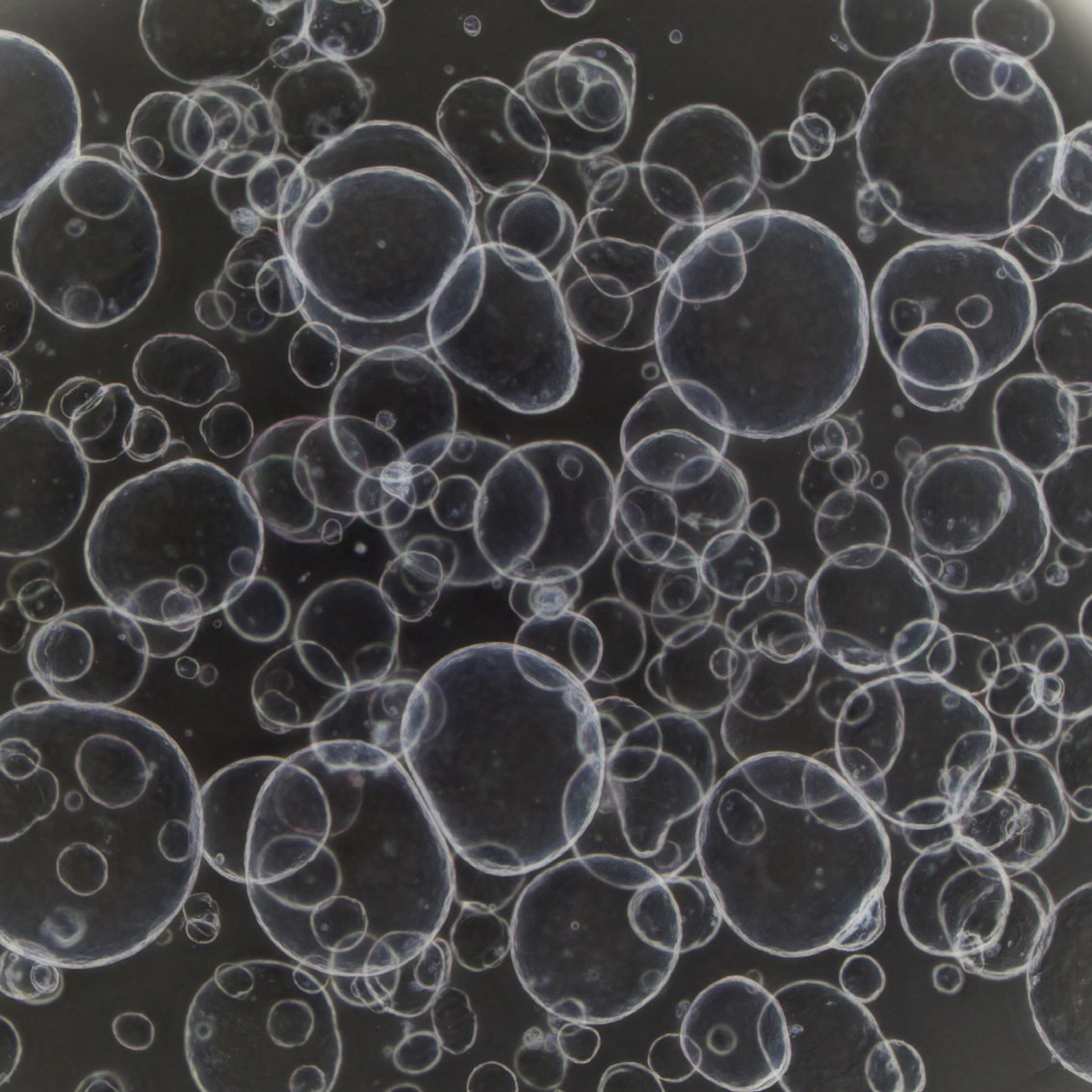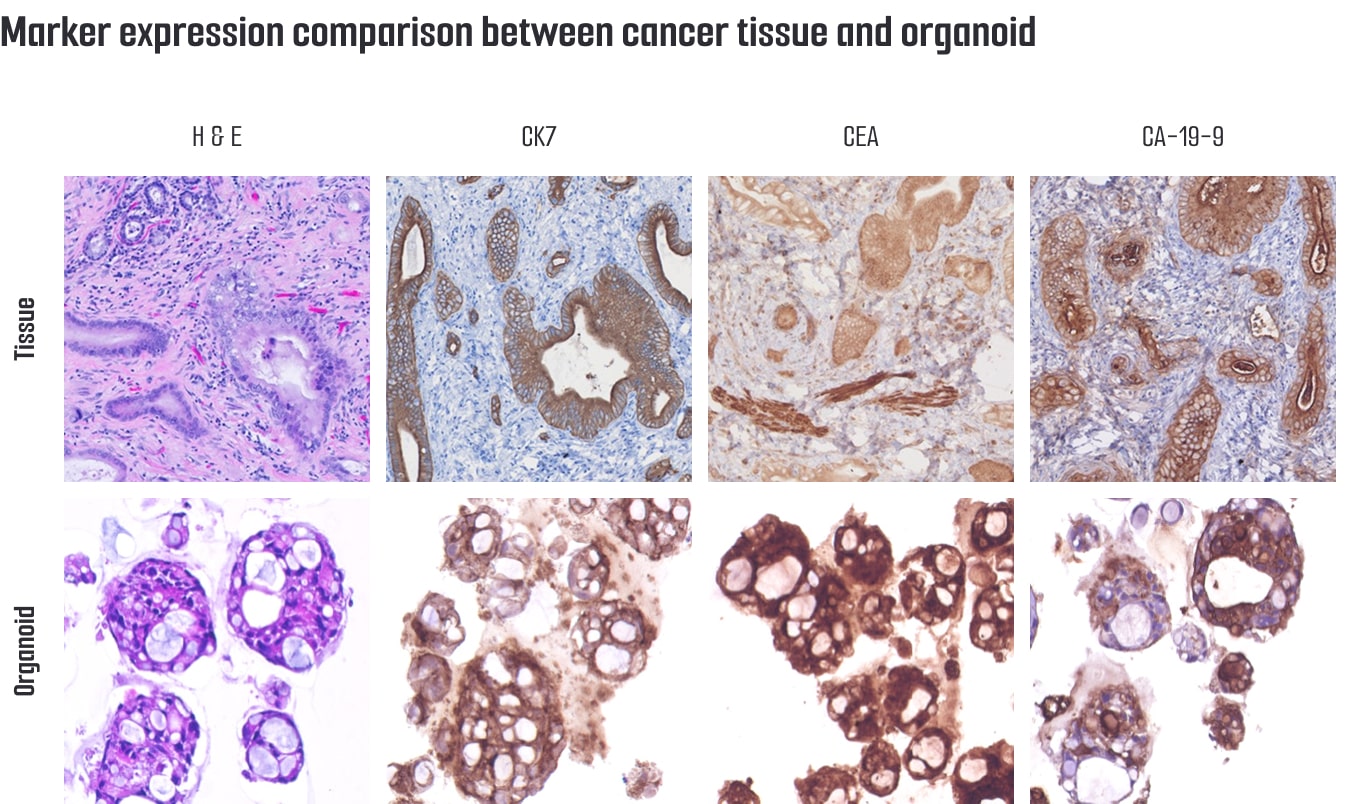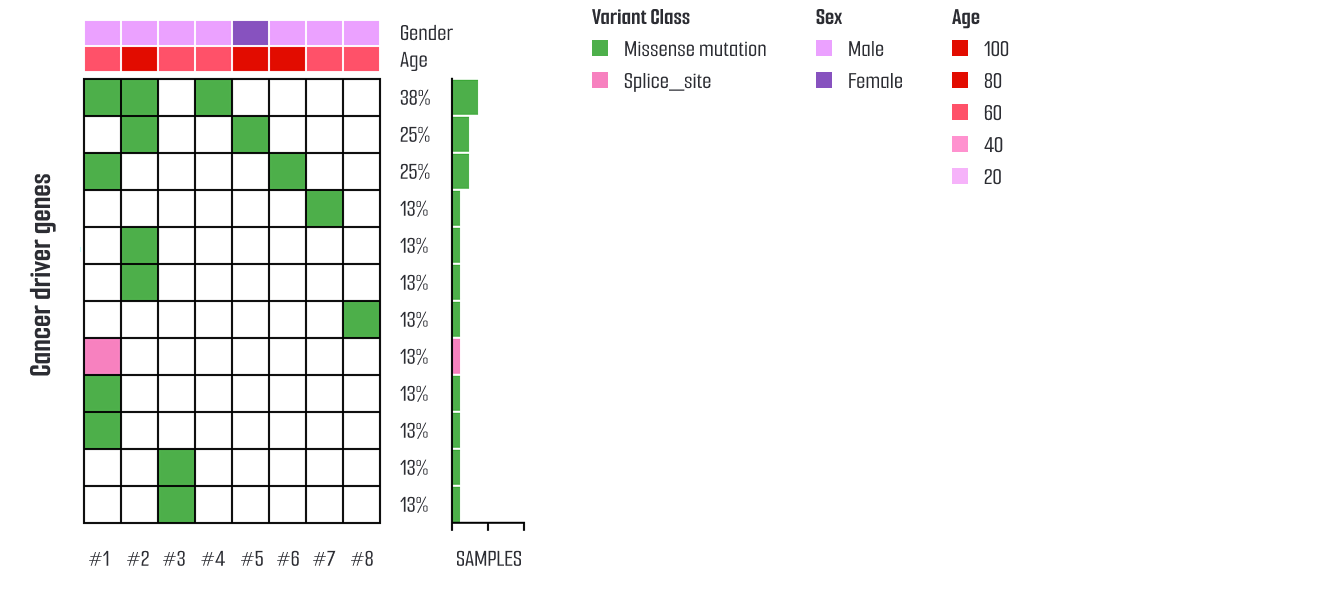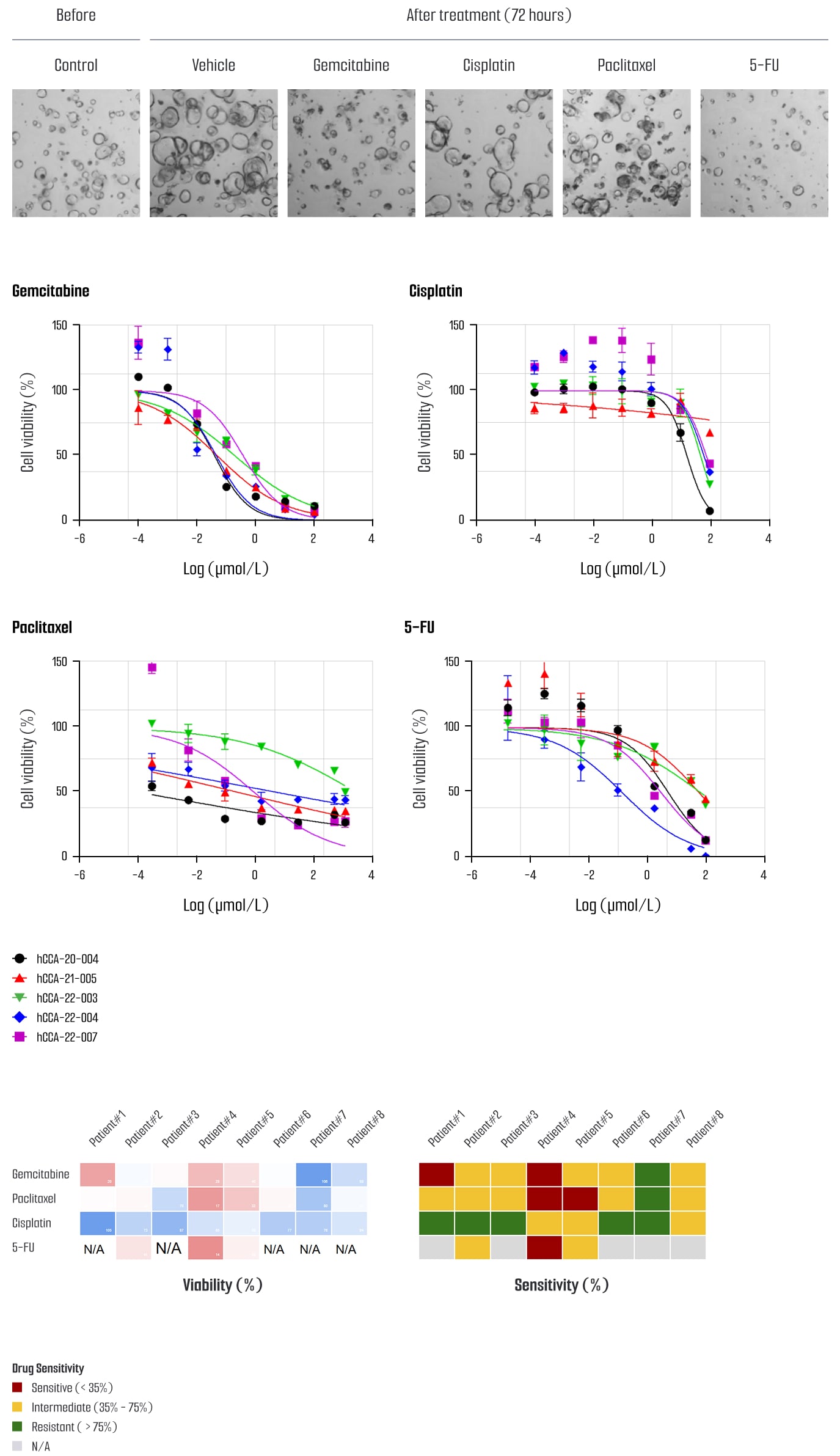SAVE UPTO 30% ON ORGANOID SERVICES & ASSAYS - Offer end 28 February 2026
SAVE UPTO 30% ON ORGANOID SERVICES & ASSAYS - Offer end 28 February 2026
SAVE UPTO 30% ON ORGANOID SERVICES & ASSAYS - Offer end 28 February 2026
SAVE UPTO 30% ON ORGANOID SERVICES & ASSAYS - Offer end 28 February 2026
SAVE UPTO 30% ON ORGANOID SERVICES & ASSAYS - Offer end 28 February 2026
SAVE UPTO 30% ON ORGANOID SERVICES & ASSAYS - Offer end 28 February 2026





